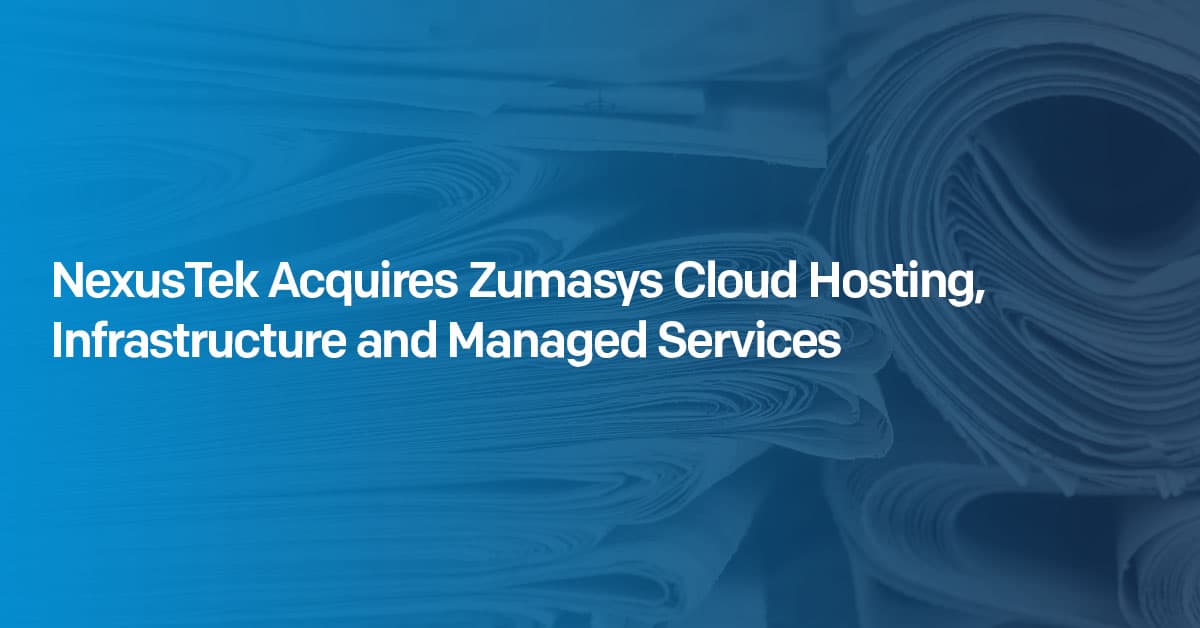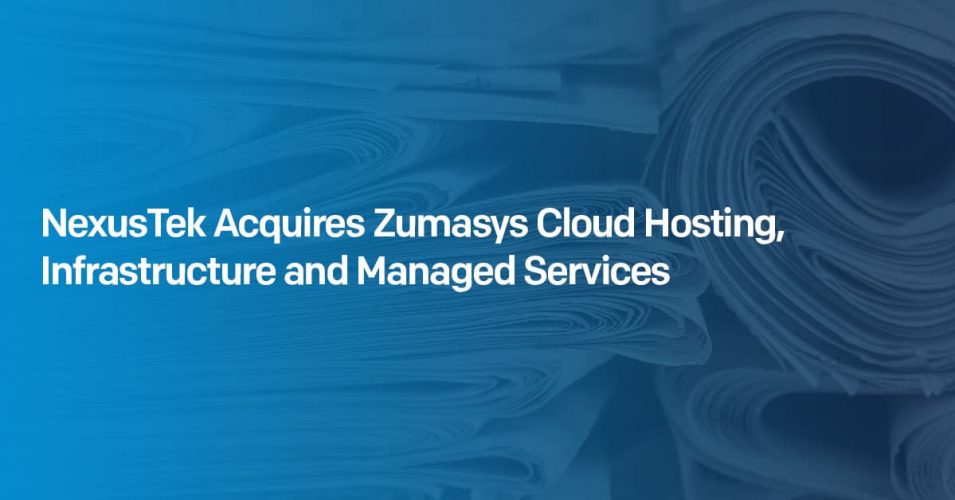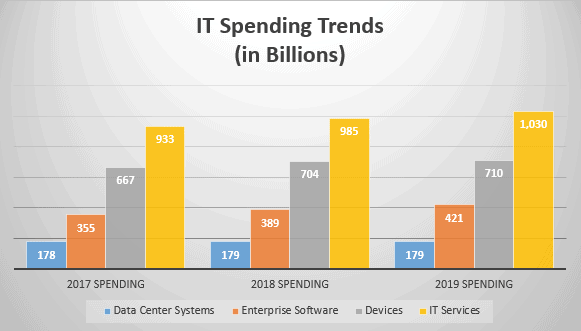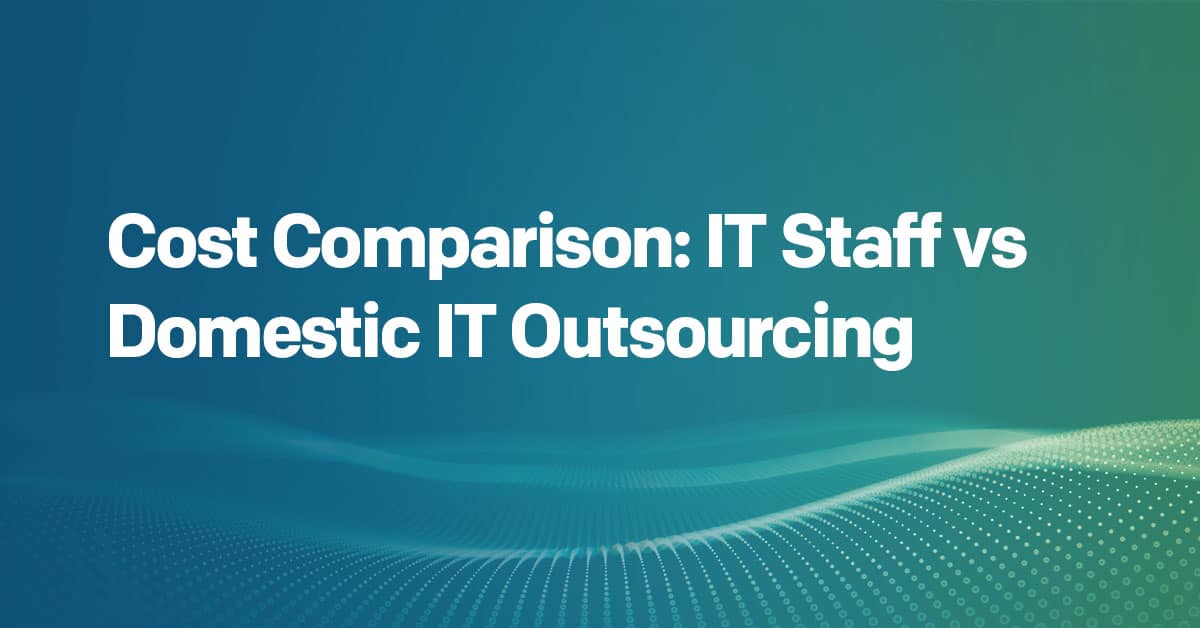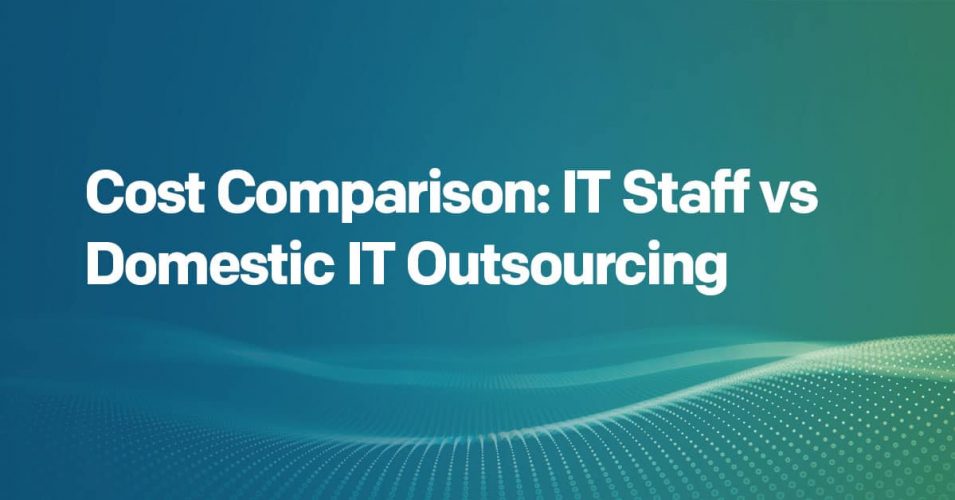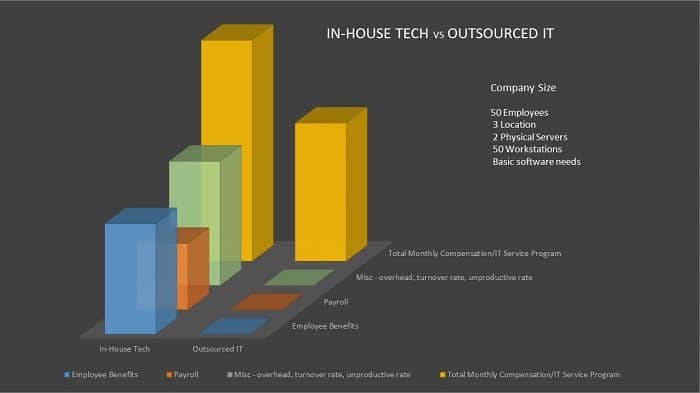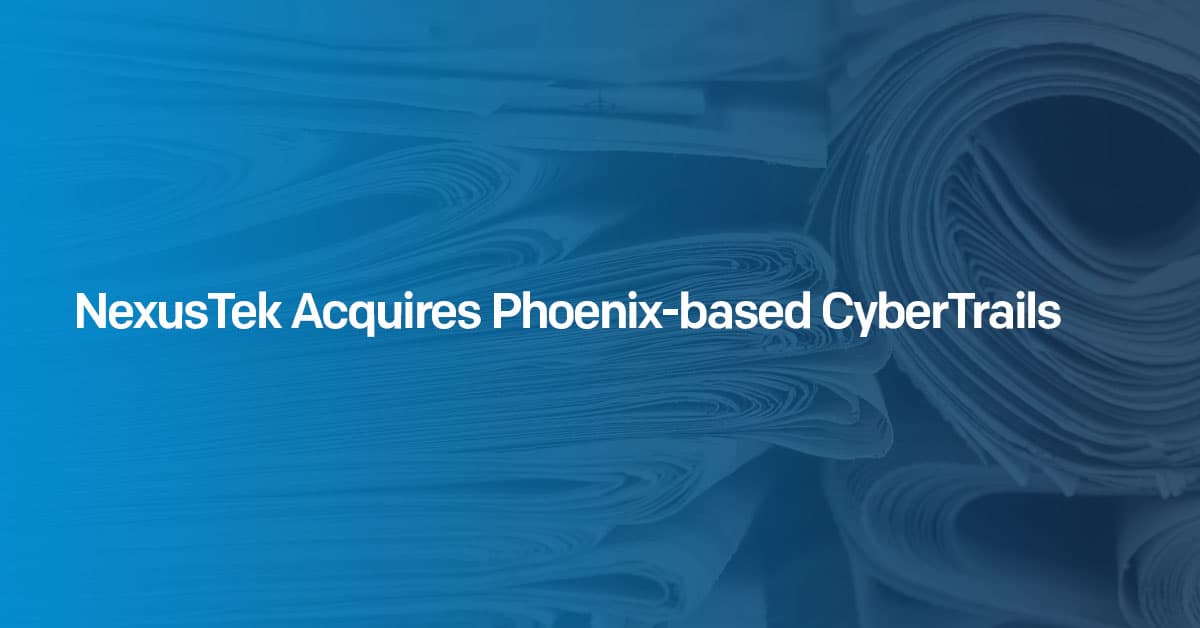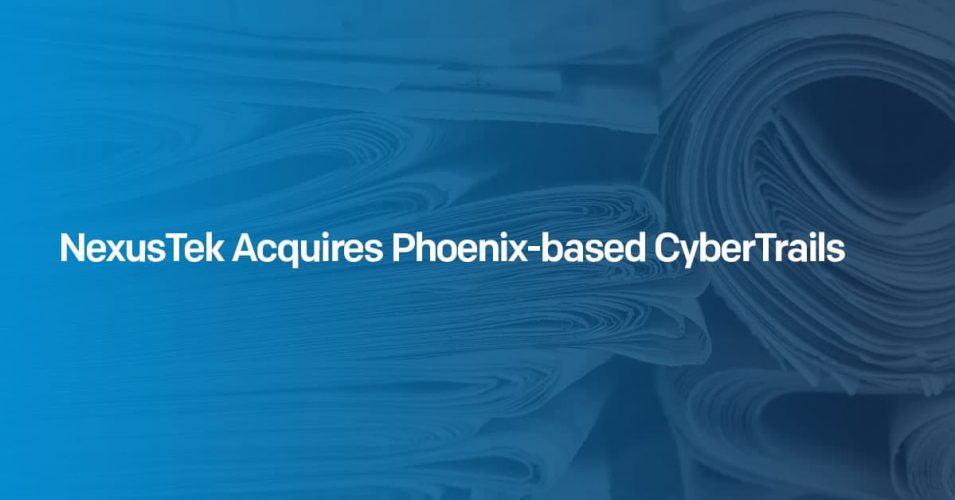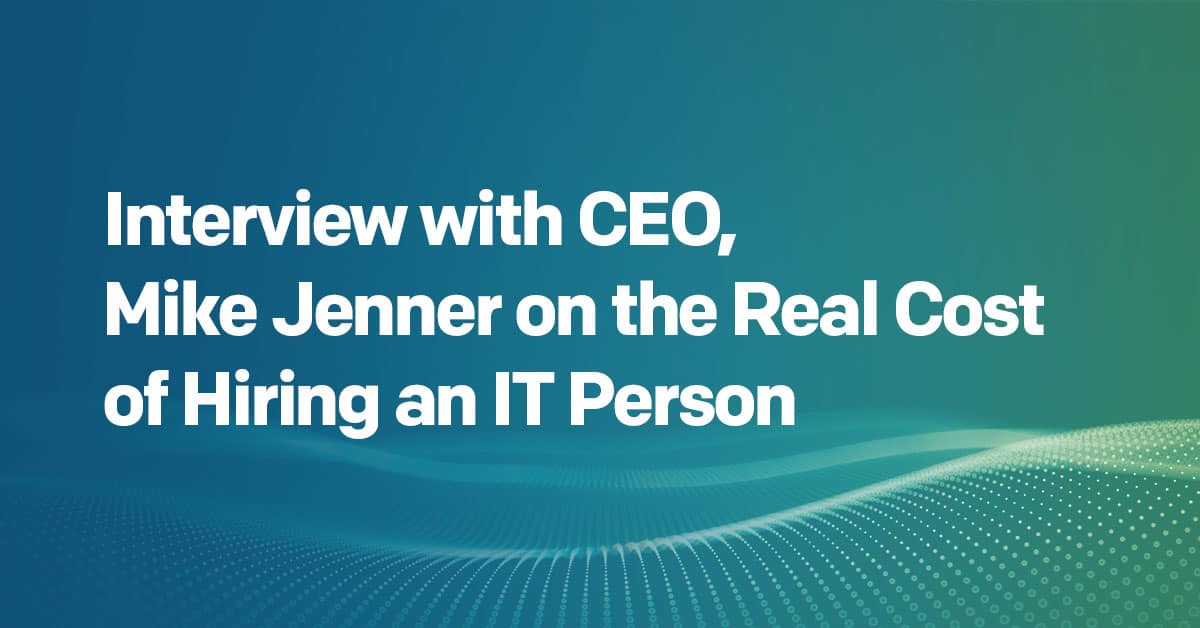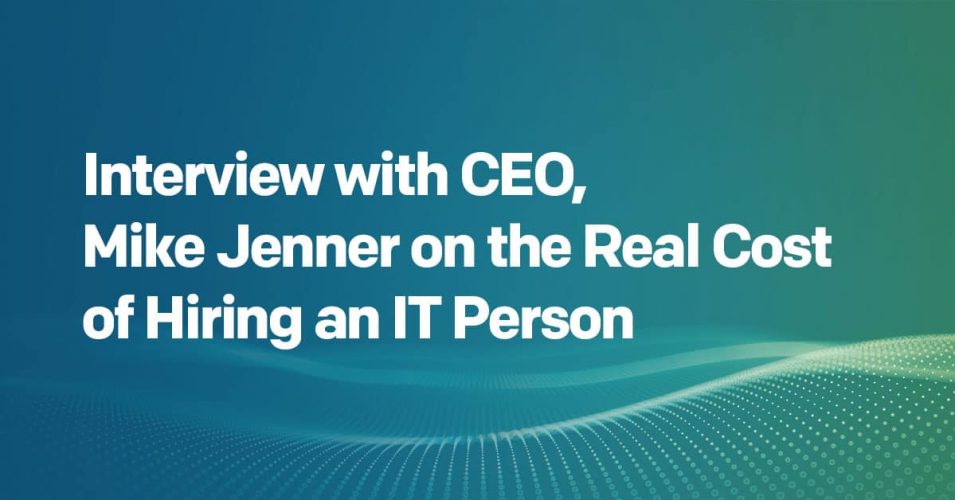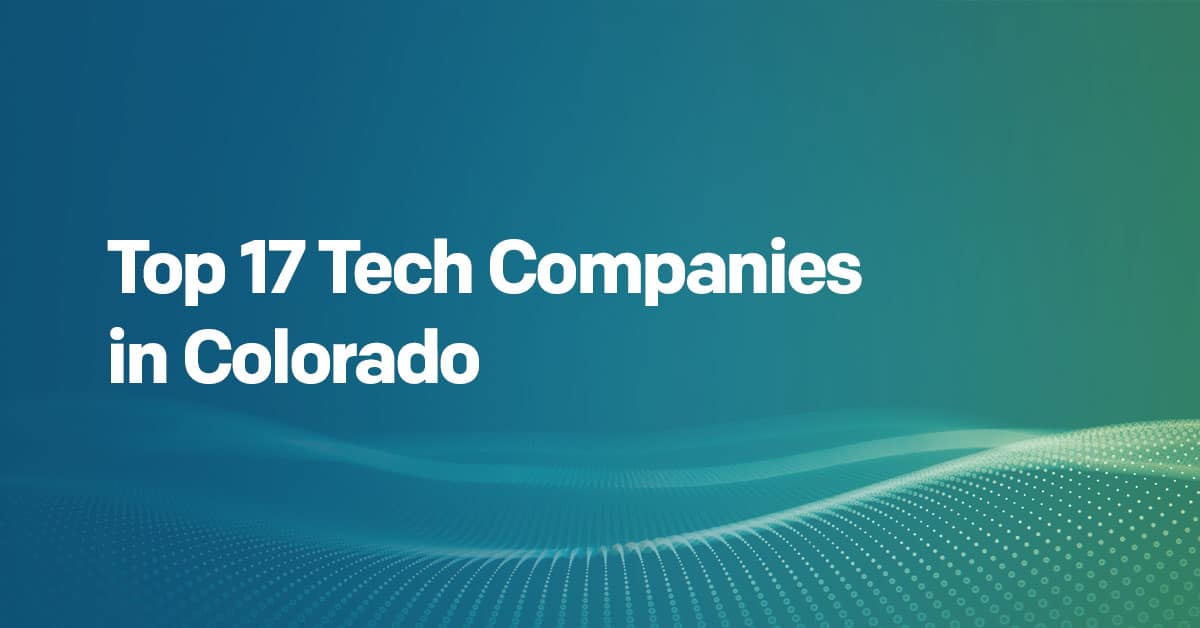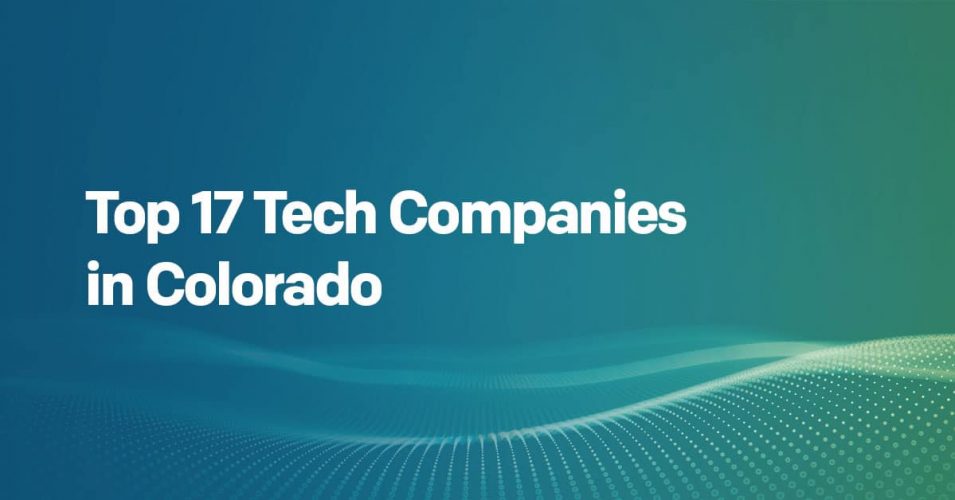READ TIME: 2 MIN

3 Strategic Goals for your Cloud Migration
Begin with the end in mind.
What will your organization gain by a Cloud Migration project?
Top CIO’s suggest keeping your end goals in mind as you work with your managed IT services provider on a cloud strategy. This will ensure positive outcomes for your Cloud Migration project.
Here are the top achievable business goals using a solid Cloud Strategy:
Modernize for competitive advantage
Scenario: Your competition is adopting new cloud technologies that you cannot implement because your technology has not been upgraded.Let’s put aside the fact that your outdated equipment is an easy target for cyber threats (click here to learn more about Cyber Security Services), and let’s discuss your infrastructure that has servers and devices not adaptable for new technology. The latest applications that can help you do your business better, faster and with business intelligence/visibility will require an upgrade. Yes, that means some investment.
We get it…it takes so much time and energy to run your business that the cloud strategy discussion you’ve been meaning to have has been shelved repeatedly. At the same time, these new tools and technologies are out there and your competition, including new businesses entering your industry, are using those tools to take business from you.
Scalability – Pay for What You Use
Cloud computing sets the stage for changes in your business technology needs that would otherwise be a financial drain. Scalability of a business using cloud services is one of the most attractive aspects of the technology. Many have analyzed and written about the cost-benefit in the short term of a cloud migration today, for those companies wasting revenue due to a lack of agility, efficiency and resources.
A prime example would be that Company A needs to easily upscale or downscale their IT requirements to allow for incremental changes that are a factor of their business model or industry. Where changes in Company A’s business needs (data storage, workloads, etc…) would mean unpredictable spending, cloud technology is a “pay for only what you use” scenario.
Access and Security of Multiple Locations
Considered the ultimate business collaboration tool, cloud computing is the answer to centralized systems and applications. This is not only one of the biggest advantages for efficiently running a growing business but the value of cloud to secure data, networks and devices begins and ends with centralized control over operations in multiple locations.
Many companies are making the decision to migrate to the cloud, either fully or using a multi-phased approach, after having a security breach due to expansion that was poorly planned. This means as the company grew, no central control or hierarchy in policies and procedure were a priority. A perfect scenario for today’s Ransomware threats.
There is so much more to Cloud Strategy and Cloud Technology for business. Stay tuned for future stories about cloud migration, trends in Cloud Services and NexusTek’s Adaptable Cloud Solutions.
As an MSP and Cloud Service Provider for more than 20 years, NexusTek continues to provide a solid domestic IT outsource for small and midsized businesses across the county. A cloud migration today, with a partner who knows how to build the best strategy for your business, can be the best decision for your future success.





